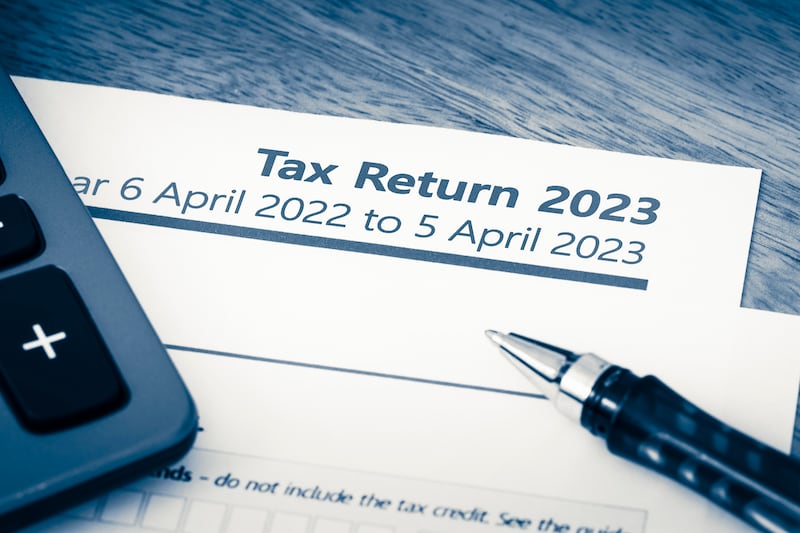I’m told that 43 per cent of people give up on new year’s resolutions by the end of January. While ‘Dry January’ is becoming a bit damp isn’t a surprise, there are many noble goals which do crumble. There is often a simple cause. It’s the ‘why’ - the reason, the motivation. If it isn’t a real aim, our subconscious tends to dismiss it as a dream or fantasy, and it breaks under the easiest strain.
I’m not name dropping, but… a kind friend, Dr Mark Bellamy, who was the head sports psychologist for UK Athletics at the London Olympics, looked after my friend Stephane and I as we did seven Celtic marathons for three children’s charities. Mark said: “Be clear on one thing – why are you doing this? Right now, there is no pain or temptation so it’s easy, but when you come to that first test, you want the answer right there at your fingertips like garlic to a vampire.”
I didn’t heed that advice but learned the intended message three miles into a Welsh marathon (our second) as we endured a one-mile hill. The only answer I had to the panic was ‘you had the advice and didn’t take, it so deal with it’.
Financial plans are hardly our first choice on a Friday night, and there are reasons there aren’t financial planning holidays or parties. It’s not a thing. It’s one of my oldest lines, because for many, it really is like licking cardboard.
The key to all your financial planning, however, is to have your financial goals and plans as vivid as is possible, and that doesn’t have to cost the earth.
In its simplest terms, it’s about understanding what money you need to set aside for your pantry, fridge and freezer, and then working out how to make that work for you.
The pantry is your bank accounts, your fridge is your savings and ISAs/Investments, and your freezer is your pensions. Well not exactly, but you get the drift.
Typically, we feel much more secure and more likely to be able to make good decisions when we have these plans in place.
Our pension aims are typically around 66 per cent of our current income, and this assumption is based on our costs dropping significantly, with no mortgage, no work travel costs and of course no need to be saving for retirement. You can take that as a base line and work away from it, because of course, we are all different. I, for one, would travel a lot more than I do now, so my costs may go up?
Sitting in your pantry or cupboard is the money you need quick access to for short term financial plans like emergencies and new cars, holidays and the like. Within that, of course, is the front of cupboard (easy access bank accounts) and the back of cupboard stuff – fixed term accounts – I know where it is if I need it.

Setting aside bigger spends for cars and holidays, its normally good to have around 12 months’ expenditure available for security in case the worst should happen.
The fridge is your money that will be giving you options later as an when you need it. On the one hand, it could be emergency money after a long downturn, on the other, it could be to assist in the purchase of an asset to support your retirement income.
I’ve metaphorically tried to simplify your financial planning above but more on some actual great tips for new year financial resolutions next week.
:: Peter McGahan is chief executive of independent financial adviser Worldwide Financial Planning, which s authorised and regulated by the Financial Conduct Authority. If you need independent financial advice, call Darren McKeever on 028 6863 2692, email info@wwfp.net or visit www.wwfp.net








